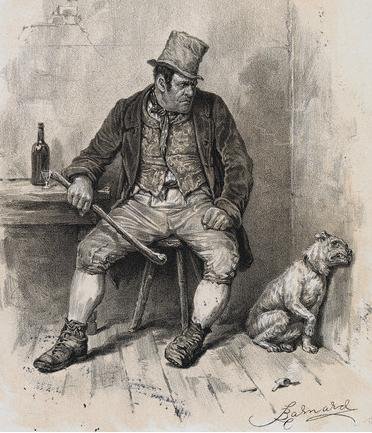Philemon and Baucis’s goose has a narrow escape, as Ovid tells the story of the old couple who became legendary for their generosity and proverbial for love between wife and husband.
Hear Ovid’s Latin and listen in English here.
Photo by VladoubidoOo, licence details at photo credits.








